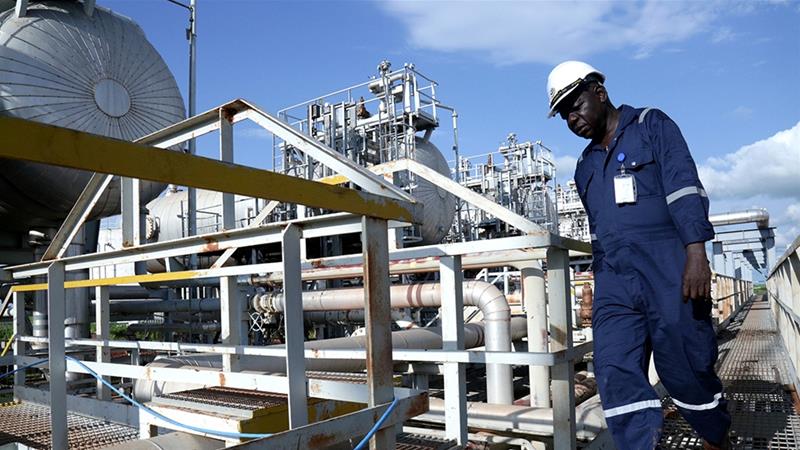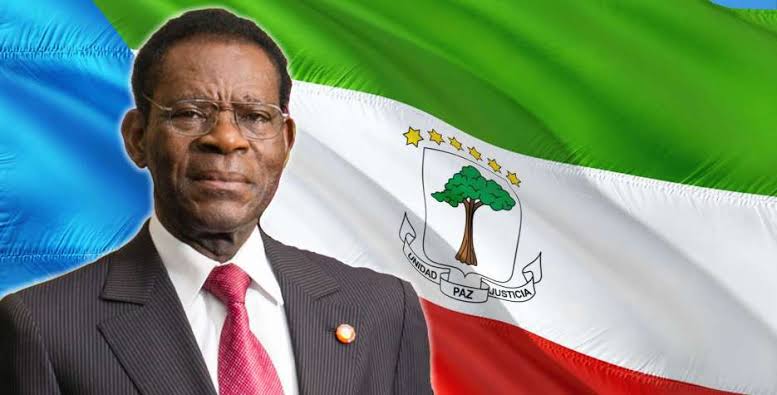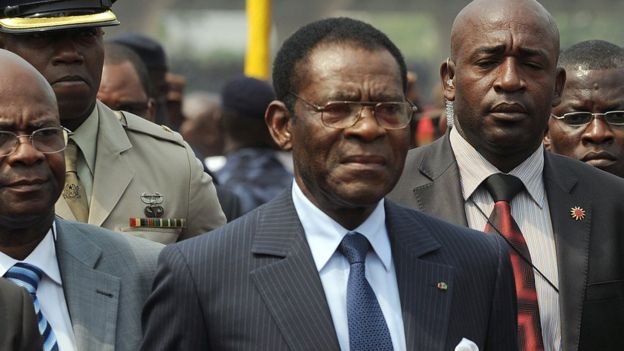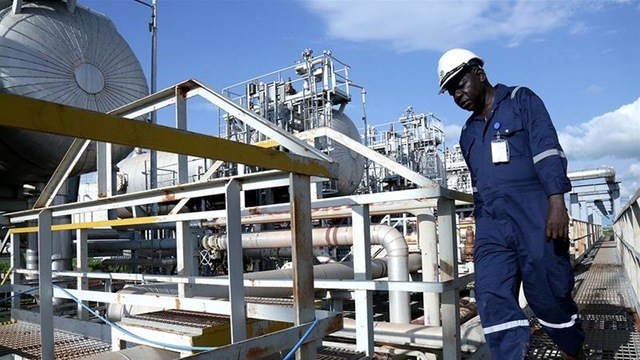Building Capacity in Petroleum Sector Governance in Nigeria
By Kelechi Deca
The emergence of renewable energy sources notwithstanding, about two billion dollars a day of petroleum is still traded worldwide, which makes petroleum the largest single item on the balance of payments and exchanges between nations. And petroleum represents the larger share in total energy use for most net exporters and net importers and will most likely command an important pride of place for the next half a century, thus the need for countries to efficiently deploy the resource for development.

A major impediment to Nigeria’s development has been the phenomenon of the resource curse whereby the nature of the state as a “rentier” dilutes accountability for development and political actors are able to manipulate institutions to sustain poor governance. Experts seem to be in agreement that the impact of the political elite’s resource-control and allocation of revenues on core democratic mechanisms is central to understand the obstacles to development and governance failure.
Read also: Nigeria accounts for 23% of Africa’s upcoming oil and gas projects
Although there have been efforts at reforming the petroleum sector, such reforms are still fragile thus the need to be deepened and institutionalized. This is basically behind the activities of the Nigeria Natural Resource Charter (NNRC), a not for profit policy institute that has in the last decade been at the forefront championing for sustainable management of Nigeria’s natural resource wealth for the development of the country and good of the people.
Using its biennale Benchmarking Exercise Report (BER) since 2012, the NNRC analyses the governance of petroleum wealth in Nigeria and also identifies gaps within the sector. This is driven by the belief that a country that wants its future generations to benefit from an exhaustible resource, such as petroleum, must transform this non-renewable resource into a renewable one by investing in productive capital, such as energy and transportation infrastructures and water resources and sanitation and human resource capital.
To give further backing to the need to follow up on the findings of the BER, and the need to address some of the gaps discovered therein, especially as regards legislation and oversight of the sector, the NNRC collaborates with the National Institute for Legislative and Democratic Studies (NILDS) to produce a toolkit which aims to improve capacity in the extractive sector governance in Nigeria. Both organizations had through a painstaking process which started a year ago developed a specialized toolkit aimed at helping stakeholders especially members of the national and state legislatures to fully understand the challenges of making laws and oversight functions in the extractive sectors.
Read also:Nigeria’s Terragon Verified as Leader in Data and Marketing Technology
The Extractive Industry Toolkit is designed to ensure that knowledge of the extractive industry is institutionalized and reposed within a credible and effective institution committed to ensuring current and future National Assemblies learn from the mistakes from the past, draw perspectives from more successful regions and are capable of charting an informed path forward for the extractive industry. It further highlights the contributions made by National Assemblies to improvements in Nigeria’s performance against global best practice indices and its competitors, providing practical examples on how the legislators may better enhance the benefits of resource extraction for Nigeria and her citizens.
Using the toolkit, existing legislators and those charged to govern within the relevant legislative committees, clerks, legislative aides and new entrants into the extractive industry legislature will gain deeper knowledge of the sector. It provides an avenue to better understand the findings of the NNRC’s Benchmarking Exercise Report (BER)’s which reveal governance gaps in extractive industry.Also, to understand the range of partnerships and collaborations with local and international actors in the industry available to foster improved governance of the sector. Laws and bills can be assessed using the methods within the toolkit for a better grasp of the issues and the available options for resolutions.
Read also:Benin-based Solar Energy Startup MyJouleBox Raises $1.8m From ElectriFi
This toolkit couldn’t have come at a more opportune time as Nigeria resolves to consolidate its petroleum resource gains to diversify the economy amplifying the gains from solid minerals. The legislators, guided by the toolkit, will better understand the context of the resource control challenges being faced, address conflicts in those regions, embrace strategies that ensure greater management of Nigeria’s solid mineral assets and other key strategies and lessons gained from successful resource rich countries. It further provides a platform for the discourse, for the industry, MDA’s, civil society organizations and media to mainstream the natural resource charter approach and principles in better understanding issues and advocating for improvements in the extractive industry as a whole.
We anticipate that the curriculum developed using the Toolkit will entrench the principles within the Natural Resource Charter and will be used to deepen the understanding of extractive resource governance across the federal and sub-national parliaments for better resource management in Nigeria for the benefit of the public.
Feedbacks from industry stakeholders and experts points to the fact that the toolkit coming at a time when oil revenues are dwindling, will equally aid effective technical decision-making as well as transparency and accountability in the management of oil, gas and mineral wealth of Nigeria for the good of all Nigerians as it provides templates for conducting independent analysis of laws, sectors and issues within the natural resource space. It is hoped that if properly deployed the legislative interventions outlined in the toolkit have the potential to address some of the issues in Nigeria’s extractive sector. The measures identified can support lawmakers in developing legislations with ‘adequate safeguards, checks and quality controls to guard against conflicts of interest and undue discretion.
Read also:Africa’s Business Heroes Renews Calls For Applications From African Entrepreneurs
It not only seeks to build the capacity of legislators to understand the extractive sector but also outlines strategies that legislators can use to deepen oversight of the sector through mechanisms such as audits, oversight visits, as well as corporate transparency and monitoring. There is a general consensus that Nigeria might be able to get it right in this last quarter of its resource management by using its natural resource wealth to effectively diversify the economy and industrialise the country.
Kelechi Deca, a development journalist writes from Lagos.
Kelechi Deca

Kelechi Deca has over two decades of media experience, he has traveled to over 77 countries reporting on multilateral development institutions, international business, trade, travels, culture, and diplomacy. He is also a petrol head with in-depth knowledge of automobiles and the auto industry















